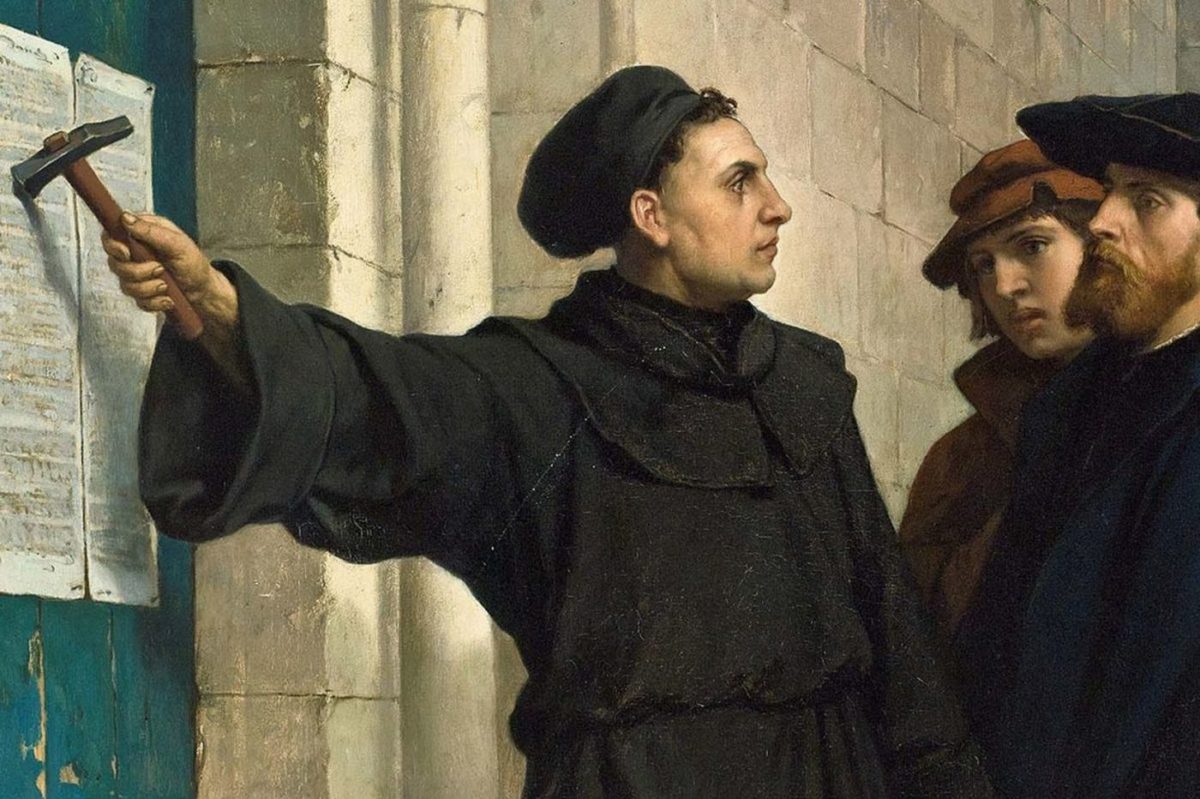1. England Under the Tudors (1955), by Sir Geoffrey Elton
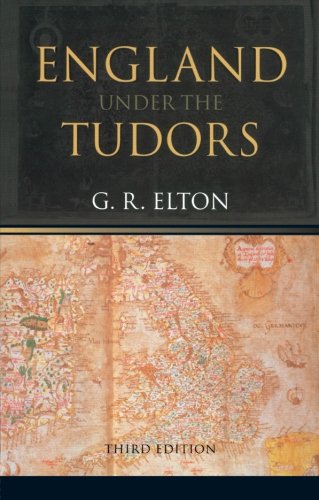
In many ways, this careful but trenchant history of England from Henry VII to Elizabeth I set the pattern for ‘new’ scholarship of the period. Elton, a Jewish refugee from Germany, set aside the Whiggish celebrations of the Reformation as part of an inevitable journey to greatness and drew a careful thread through the sixteenth century, not afraid to criticise or celebrate.
“The best full-length introductory history of the Tudor period”, according to The Spectator, it centred on the great statecraft of Thomas Cromwell, Henry VIII’s unshowy and calculating chief minister; Elton paints a picture of a man engaged in heroic bureaucratic efforts to make an essentially mediaeval kingship into a proto-modern state. The author was a revered but irascible authority, supervising young scholars like John Guy, David Starkey and Susan Brigden, and England Under The Tudors remained a standard text well into the 1970s.
Now something of a period piece, it was challenged by up-and-coming researchers (many of whom Elton had taught) but remains the pivot point of Tudor historiography.
2. Heresy and Obedience in Tridentine Italy: Cardinal Pole and the Counter Reformation (1972), by Dermot Fenlon
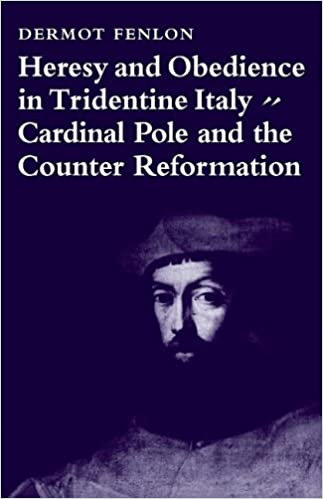
The standard view of the Reformation and the response of the Catholic Church used to be one of a reaction to Protestant challenges followed by a defiant reassertion of Roman doctrine at the long-running Council of Trent (1545-63). By focusing on the important but quixotic figure of the English cardinal Reginald Pole, Dermot Fenlon identified reformist movements within the Church, in particular the so-called Spirituali, which hoped that Luther and his followers might provide a catalyst for change. They would be disappointed by the council’s lack of receptiveness but it acknowledged the existence of a “Catholic Reformation” as well as simply a “Counter Reformation”.
A reviewer described it as “an intelligent account” showing “real sophistication”. Fenlon’s familiarity with the source material was widely praised, as was his handling of the contradictions within Pole’s character and beliefs: the Englishman’s spiritual crises very much reflected those which the people of Europe were experiencing throughout the sixteenth century.
Internal renewal of Catholicism is now a well-ploughed field of study, from the headlining Jesuits to less famous groups like the Theatines and the Ursulines, each springing up in response to a perceived lacuna in Roman spirituality, some taking on the job of pushing back against Protestantism and making the Church fit for the centuries ahead. It remains a fascinating account of a bridge between the mediaeval and the baroque.
3. The Cheese and the Worms (1976), by Carlo Ginzburg
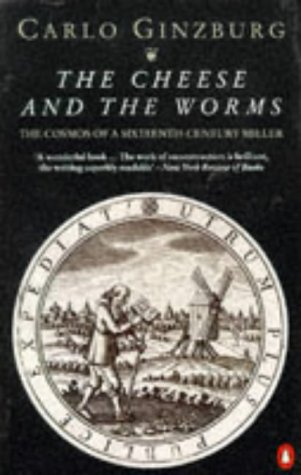
Ginzburg, an Italian historian, was one of the pioneers of ‘microhistory’, stepping away from the grand sweep and taking history down into the weeds to try to understand how individual people lived and thought. The Cheese and the Worms was an account of Menocchio, a north-east Italian miller who was tried and executed for heresy in 1599. At his trial, the inquisition questioned him on several points of fundamental doctrine, such as intercessory prayer, the authority of the pope and the virgin birth, finding him deeply heterodox on these matters but unapologetic because he did not believe himself to be in error.
Although Menocchio was relatively unusual in his literacy, the comfort with which he held these heretical beliefs suggest that they were not unique, and that misunderstanding of Catholic doctrine was widespread among the masses. More telling still, he was investigated repeatedly and released, only being brought to capital justice because of his persistently outspoken nature.
Not only was Ginzburg’s book a useful corrective to other scholars’ detailed examinations of the debates between prominent theologians, it painted a picture of a populace largely at peace with the established religion but often ignorant of what the Church told them to believe. This work changed the whole backdrop of Reformation studies, and undermined the idea of two distinct ‘armed camps’, Catholic and Protestant. It also showed the importance of microhistory and inspired influential works like Eamon Duffy’s The Voices of Morebath.
4. The Reformation: A History (2005), by Diarmaid MacCulloch
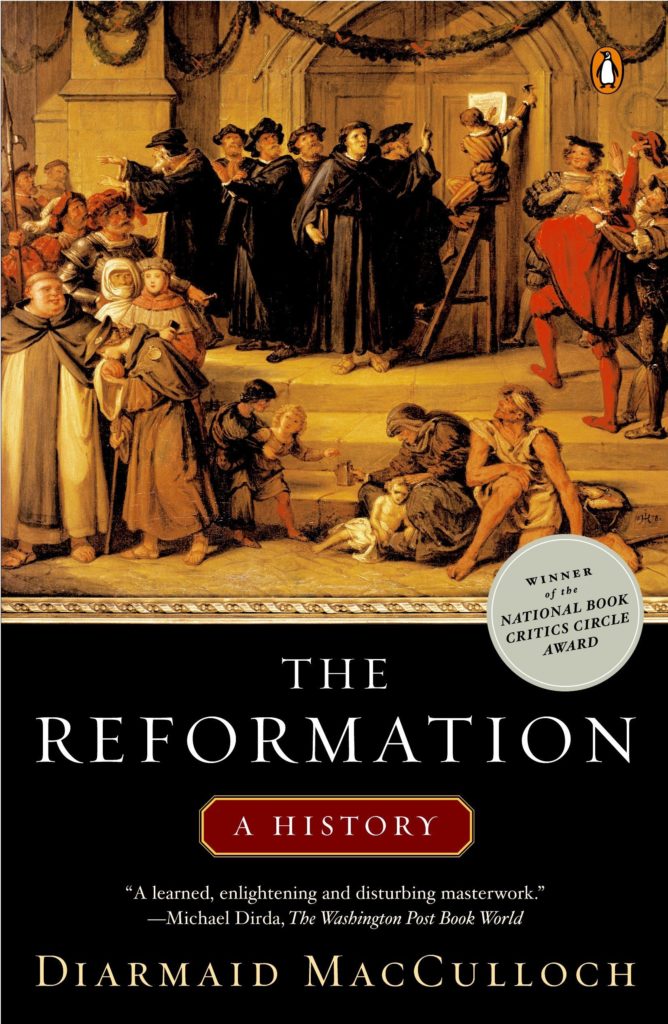
MacCulloch had been a student of Geoffrey Elton at Cambridge, gaining his PhD in 1977, but in the 1980s he had combined his historical studies with the ministry, taking holy orders as a deacon in the Church of England. His work on the English Reformation culminated in this more general study, an encapsulation of his career as professor of the history of the church.
Broad in its scope, it was essentially a history of European religion from 1490 to 1700, sprawling across jurisdictions and faiths and attempting to produce a single volume which could make sense of the whole period. The Guardian described it as a “masterpiece of readable scholarship”, and it shows MacCulloch’s verve and spirit, perhaps setting him up for later appearances as a television historian.
The book uses the events of Reformation Europe to explore how ideas were subject to change, transforming popular notions of love, sex, death and community, and it examines the shift in European perceptions of what we would now call the supernatural. It is religious, political, cultural and intellectual history rolled into one, and was widely praised: there are few one-volume books on the subject to match it.
5. Calvin (2009), Bruce Gordon
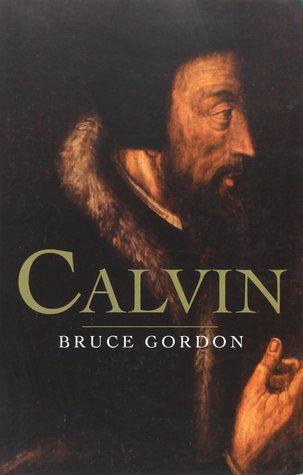
Luther holds the public imagination as the author of the Protestant Reformation, but the more influential figure was arguably the dour French dissenting lawyer Jehan (John) Cauvin, who took his ideas to Basel and then Geneva and created a systematic reformed theology with popular appeal. Calvinism was built on the notions of predestination and the absolute sovereignty of God in salvation, and in the middle of the sixteenth century was the leading brand of Protestantism, spreading from its Swiss-German home to France, England, Scotland, Hungary and the Low Countries, and would eventually find its way to North America and South Africa.
Gordon’s portrait of Calvin is of a brilliant polemicist and tireless organiser. Letters poured from his pen to correspondents across Europe, and his Institutes of the Christian Religion provided a model for reformers everywhere, a sourcebook of advanced Protestant belief and an instruction manual in building a church in the Genevan mould. It is also a humanising biography: one reviewer called it “a scholarly yet accessible study that is not hagiography but an honest assessment of a man who had great talent and great faith and also great flaws”.
Published to mark the quincentenary of Calvin’s birth, this will be the standard introductory text on the Genevan reformer for many years to come. But it is also a critical part of Reformation scholarship; without Calvin, Protestantism would have become a very different cause, perhaps a largely German one (with an unlikely outpost in England). Instead, it shook Christian Europe to the core and, perhaps, ensured that the schism opened at Worms in 1521 would be a permanent one.

